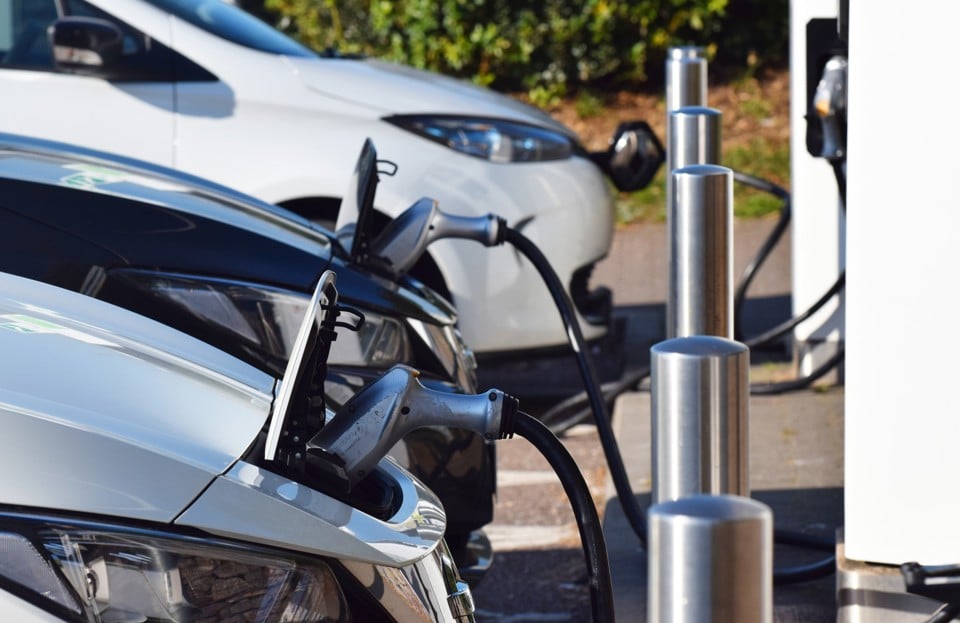MPs on the UK Government’s transport committee have suggested that a mandate compelling car makers to sell increasing numbers of electric vehicles (EV) could be the key to driving greater adoption.
The ministers said that the UK should follow the lead of California, China and parts of Canada in demanding that a steadily increasing volume of new car sales are pure-EV in a bid to ramp-up sales in order to meet its aim on banning the sale of petrol and diesel powered new cars by 2030.
They claimed that the solution would provide a “cost neutral” way to encourage EV sales, with greater EV volumes serving to drive down the cost to consumers.
It would also allow a smoother withdrawal from a plug-in car grant (PiCG) scheme currently costing UK taxpayers £135 million per year, their Zero Emissions Vehicles report claimed.
The report, which looked at a wide range of issues associated with the widespread adoption of EVs, was published yesterday (July 28).
And while its recommendations for EV retail seemed to put the burden of easing costs for consumers onto car manufacturers, the report does state that: “In order to ensure that the Government achieves the targets set out in the Transport Decarbonisation Plan, it may need to intervene to support the second-hand market in electric vehicles until price parity with comparable ICE vehicles is reached”.
The Green Alliance told MPs that lower-income households could benefit from significant total cost of ownership savings of between £700 and £2,300 for a medium-sized, second-hand BEV.
Third-hand owners may save between £3,500 and £5,600, it said.
But the report added: “Consumers still see the initial advertised price of EVs as a barrier to purchasing both new and second-hand models.”
Charging infrastructure
MPs on the transport committee also expressed concerns about the UK’s EV charging infrastructure and strain placed on the national grid by increasing numbers of EVs.
Their report warned that, unless charging habits change, or the National Grid is strengthened, the charging needs from millions of new electric vehicles (EVs) will cause blackouts to parts of the country.
The report, which questioned whether the Government’s current plans are enough to deliver the public charging infrastructure needed across all regions of the UK, said a clear policy framework is essential to ensure that industry can deliver the vehicles and charging infrastructure required to deliver the Government’s net zero ambition.
Huw Merriman MP, chair of the transport committee, said: “Putting guarantees in place on infrastructure is crucial, but one report after another flags concerns to Government about the provision of electric car charging infrastructure.
“Let ours be the last; it’s time that ministers set out the route map to delivering a network of services for everyone across the UK.”
Just last week, a Competition and Markets Authority investigation found that some areas of the development of the UK’s charging infrastructure are facing problems which will hinder the roll-out of electric vehicles (EVs).
The Government’s transport decarbonisation plan promises an EV infrastructure strategy by the end of the year, which will set out in its vision for infrastructure rollout, and roles for the public and private sectors in achieving it.
By 2030, it expects to have 2,500 rapid charge points across the strategic road network, and 6,000 by 2035.
It says it is also working with Ofgem on the deployment of the Energy Networks Association’s £300 million Green Recovery Scheme, announced in May, to accelerate motorway service area and wider EV charging infrastructure investment.
The UK has around 25,000 charge points currently and, while there is still uncertainty, forecasts suggest more than 10 times this amount will be needed by 2030.
Last week Tesla boss Elon Musk suggested that the EV car maker would will enable cars from other manufacturers to use its Supercharger network later this year - adding 600 250kW chargers.
The National Grid
The transport committee report says that the Government must work with the National Grid to map national coverage to eradicate ‘not-spot’ areas and identify locations where the Grid will not cope with additional usage.
Furthermore, it suggests that it needs to protect the consumer from excessive charges and multiple accounts when charging in public and address the discrepancy between the 5% VAT incurred for home charging and 20% VAT for on-street.
The report insists that industry uses price to change consumer charging behaviour to a ‘little but often’ approach and at times when the National Grid can meet total demand.














Login to comment
Comments
No comments have been made yet.